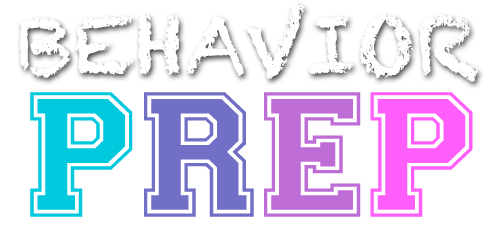A.4 Distinguish among behaviorism, the experimental analysis of behavior, applied behavior analysis, and professional practice guided by the science of behavior analysis
Behaviorism
Behaviorism is a broad philosophical approach that views behavior as the subject matter of psychology and focuses on observable behaviors rather than internal mental processes. It emphasizes the role of the environment in shaping behavior and rejects the inclusion of unobservable mental events as explanatory factors.
The Experimental Analysis of Behavior
The Experimental Analysis of Behavior (EAB) is a branch of behaviorism that focuses on the scientific study of behavior through rigorous experimentation. It involves conducting controlled experiments to understand the principles and mechanisms that govern behavior. EAB seeks to uncover general laws of behavior by studying behavior in controlled laboratory settings with animal subjects.
Applied Behavior Analysis: Applied Behavior Analysis (ABA)
A field within psychology that uses the principles of behaviorism, including the experimental analysis of behavior, to bring about meaningful and socially significant behavior change. ABA applies scientific principles to assess, analyze, and modify behavior in real-world settings to improve individuals’ quality of life. It encompasses a wide range of interventions and techniques tailored to meet the specific needs of individuals.
Professional Practice Guided by the Science of Behavior Analysis
This refers to the application of the principles and methods derived from the science of behavior analysis in professional settings. It involves utilizing the research and knowledge base of behavior analysis to guide professional practice in areas such as education, therapy, organizational management, and more. Professionals, such as Board-Certified Behavior Analysts (BCBAs), apply the principles of behavior analysis to develop and implement evidence-based interventions.
In summary, behaviorism is a philosophical approach that emphasizes observable behavior, while the experimental analysis of behavior is a scientific discipline within behaviorism that uses controlled experimentation to study behavior. Applied Behavior Analysis is a field that applies the principles of behaviorism to address behavior challenges and improve individuals’ lives. Professional practice guided by the science of behavior analysis involves applying behavior analysis principles in various professional contexts.
